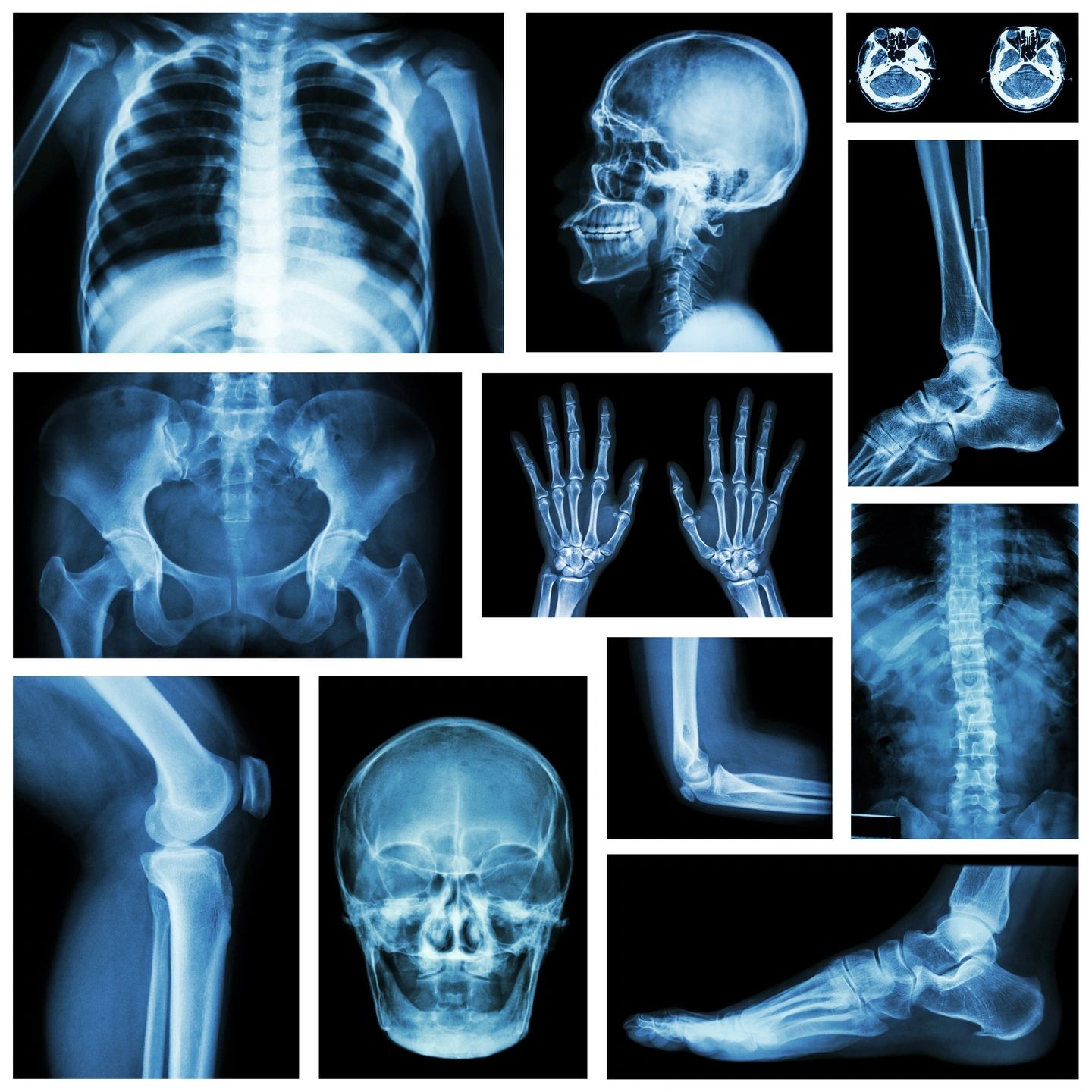How Osteo-Lube™ Supports your Health!
Dr. Claire Arcidiacono, ND
I wanted to take the time to talk about a product that in my mind just does not get nearly enough attention! This product is called Osteo-Lube™. I bet you are thinking Osteo-Lube™ what the heck is that? Well simply put it is a powder that is full of natural anti-inflammatories. So, let us get into it, shall we?
Osteo-Lube™ is a powder which is important for a few reasons. Being in a powdered form means it’s easy to use. First, you can mix it into water or juice. You can even mix a scoop of the powder into yogurt or applesauce. But you can also get creative and mix the formula into a menthol rub for a natural anti-inflammatory cream! You can even mix it into a warm bath to enhance the pain reducing and muscle relaxing effects of the warm water. Being in a powder has other benefits. If you read my blog on Beets Hx, another Invite Health powder, I will go into detail on just why being a powered formula has advantages over tablets or capsules. But all this is about the delivery system. What is in the actual formula itself that is so good for our overall health? Well to start with there’s ginger.
Studies have found that ginger helps to reduce inflammation. In a 12-week study those who had RA found a significant decrease in inflammatory markers. In another study those with RA reported a reduction in C-reactive protein, which is a well-known inflammation marker. In fact, in a 2020 study when ginger was combined with curcumin and black pepper it was as effective as naproxen in reducing inflammation and pain. (1) Osteo-Lube™ contains both curcumin and ginger! This is important for any inflammation-based illness. For example, inflammation plays a role in the pain associated with TMJ disease. For more information on this topic please see my blog on TMJ.
In addition to ginger Osteo-Lube™ contains curcumin, which is the active ingredient in turmeric! Studies have found that it is both a powerful antioxidant as well as a potent anti-inflammatory. (2) Studies have also found that curcumin can help to reduce the symptoms of different forms of arthritis. (3)
Boswellia, shown to be helpful as well as curcumin. In fact, studies have found that boswellia can help to reduce the inflammation and pain associated with arthritis. (4)
Osteo-Lube™ also contains Cetyl Myristoleate (CMO) complex. Studies have found that this has beneficial effects for those who have arthritis pain. (5) Studies have also found it to be helpful in reducing pain from an autoimmune illness such as psoriatic arthritis. (6)
Something that may surprise you is the proteolytic enzyme blend. Studies have found numerous benefits for enzymes including being helpful for the digestive tract, immunity and even for reducing the inflammation that causes pain. (7)Osteo-Lube™also contains DMG. While more studies are needed recent studies have found evidence that DMG may help to reduce the risk of certain chronic conditions such as lupus. (8)
Quercetin is another nutrient that may surprise you. Studies have found a number of benefits for quercetin including reducing inflammation. It is also a strong antioxidant. Interestingly, quercetin has been shown to help with normalizing both blood pressure and blood sugar. (9) For information on how quercetin helps respiratory health please check out my blog series on that topic!
Rutin, shown to have multiple health benefits. It is antiulcer, vaso-protective, an antioxidant, antibacterial and even anti-inflammatory. (10) Luteolin from perilla leaf, shown to be a strong anti-inflammatory as well as antidiabetic formula. (11) Lastly cayenne has benefits for our digestive health, pain relief and even is helpful in reducing congestion. It is well known that creams made with capsaicin help to reduce pain. (12)
Now before I wrap this up, I just wanted to remind everyone that ginger, and turmeric have more benefits than what I have listed. Ginger, shown to help with nausea (including morning sickness!). In a recent study ginger showed help with weight loss. Ginger, shown to help reduce fasting blood sugar and HbA1c. Ginger can even reduce certain heart disease markers. Ginger can even help with indigestion. Lastly studies have found it can help fight infections. (13) Studies have found that turmeric, in addition to helping with pain can help with reducing depression. It has also been found to have benefits for memory loss, including potentially helping in the fight against Alzheimer’s disease. Turmeric, found to help against heart disease. (14)
As you can see the nutrients in Osteo-Lube™ have numerous benefits. Speak to an Invite nutritionist to see if it is right for you!
Our next topic will be Dry Mouth.
Sources:
- https://www.arthritis.org/health-wellness/treatment/complementary-therapies/supplements-and-vitamins/health-benefits-of-ginger
- https://pmc.ncbi.nlm.nih.gov/articles/PMC5664031/
- https://pmc.ncbi.nlm.nih.gov/articles/PMC9605491/
- https://pmc.ncbi.nlm.nih.gov/articles/PMC9558225/
- https://pmc.ncbi.nlm.nih.gov/articles/PMC5340442/
- https://www.rejuvenation-science.com/topics/cmo-overview-zimmerman
- https://www.healthline.com/nutrition/proteolytic-enzymes
- https://info.vetriscience.com/white_papers/DMG_Townsend%20letter_2000.pdf
- https://pmc.ncbi.nlm.nih.gov/articles/PMC9032170/
- https://www.sciencedirect.com/topics/biochemistry-genetics-and-molecular-biology/rutin
- https://www.sciencedirect.com/science/article/pii/S2405844024093125
- https://health.clevelandclinic.org/cayenne-pepper-benefits
- https://www.healthline.com/nutrition/11-proven-benefits-of-ginger
- https://www.healthline.com/nutrition/top-10-evidence-based-health-benefits-of-turmeric







